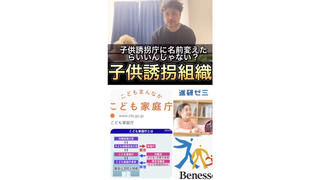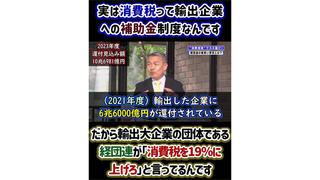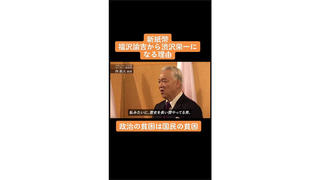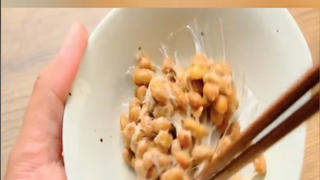
Do Japanese eat crickets without knowing it? No, that's not true: Japan has a food labeling law. The Food Labeling Act does not provide any special provisions such as the fact that cricket foods do not need to be labeled as food. Also, crickets can not be used as an amino acid food additive because the Food Safety Association has already determined which substances can be used as food additives.
The claim appeared on a TikTok video (archived here) on May 8, 2024. Translated from Japanese to English by Lead Stories staff, It opened:
We (Japanese) eat crickets without knowing it as an amino acid food additive.
This is what the post looked like on TikTok at the time of writing:

(Source: TikTok screenshot taken on Mon May 27 03:18:48 2024 UTC)
The man in the video is Nobuhiro Suzuki, an appointed professor at the University of Tokyo Graduate School, who specializes in agricultural economics. After graduating from the Faculty of Agriculture at the University of Tokyo, he joined the Ministry of Agriculture, Forestry and Fisheries (archived here).
He is known as a conspiracist and highly criticised for his claims by the Japanese Association of Food Science and Risk Analysis (archived here) and AGRIFACT which had fact-checked multiple agricultural-related claims by Mr. Suzuki as misinformation (archived here).
In this video, Mr. Suzuki claims that all Japanese people have eaten crickets. Cricket powder is mixed into all foods with ambiguous labeling such as amino acids.
If crickets were used as food, they would need to be labeled as such per the Food Labeling Act (archived here). There is also no evidence that crickets were used as an amino acid in the additive category.
If there is a newly designated food additive, the Food Safety Commission conducts a safety evaluation, and then the Consumer Affairs Agency and the Food Sanitation Standards Council discuss the matter (archived here.) Amino acids are 21 substances listed in the "List of Designated Additives," including sodium L-aspartate, DL-alanine, and L-isoleucine (archived here.) There is no evidence that cricket powder has been added to the list of food additives as an amino acid.
The Food Sanitation Act states (archived here):
(2)When the criteria or standards have been established pursuant to the provisions of the preceding paragraph, food or additives must not be produced, processed, used, cooked, or preserved using methods that do not conform to such criteria; food or additives that do not conform to such criteria must not be sold or imported; and food or additives that do not conform to such standards must not be produced, imported, processed, used, cooked, preserved, or sold.
If cricket powder were to be added to the list of food additives as an amino acid additive it would be a violation of the Food Labeling Act and the Food Sanitation Act.












